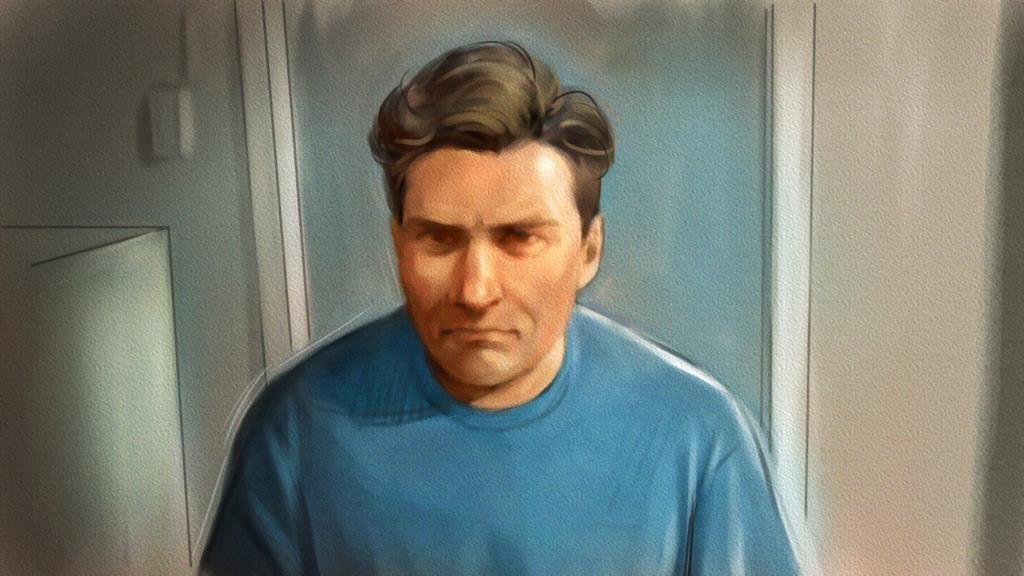Paul Bernardo should be returned to a maximum-security prison, the lawyer representing the families of his young murder victims said as he called on the Correctional Service of Canada to be more transparent about what led to his transfer to a medium-security facility in the first place.
Tim Danson represents the relatives of 15-year-old Kristen French and 14-year-old Leslie Mahaffy, who Bernardo kidnapped, tortured and murdered in the early 1990s.





